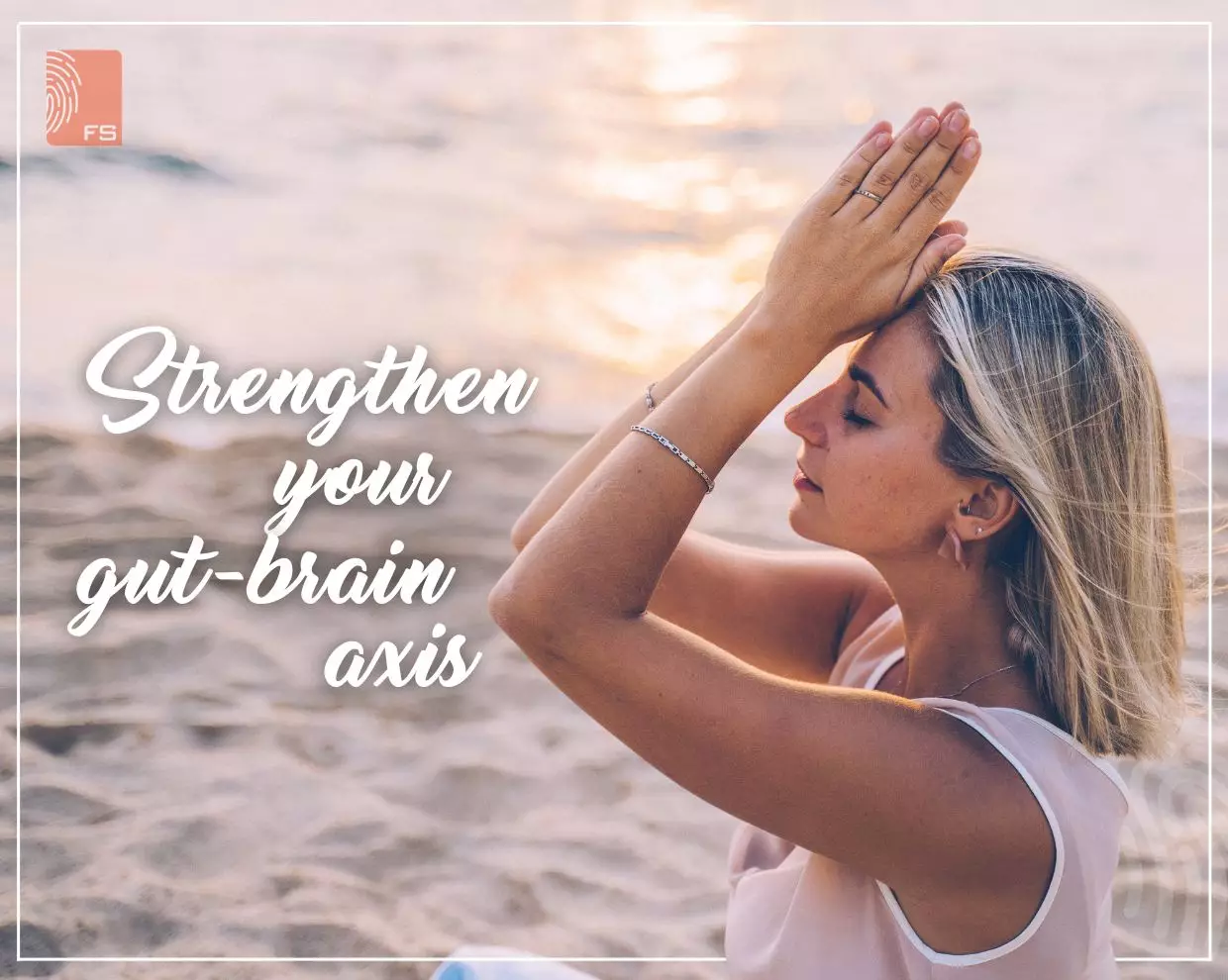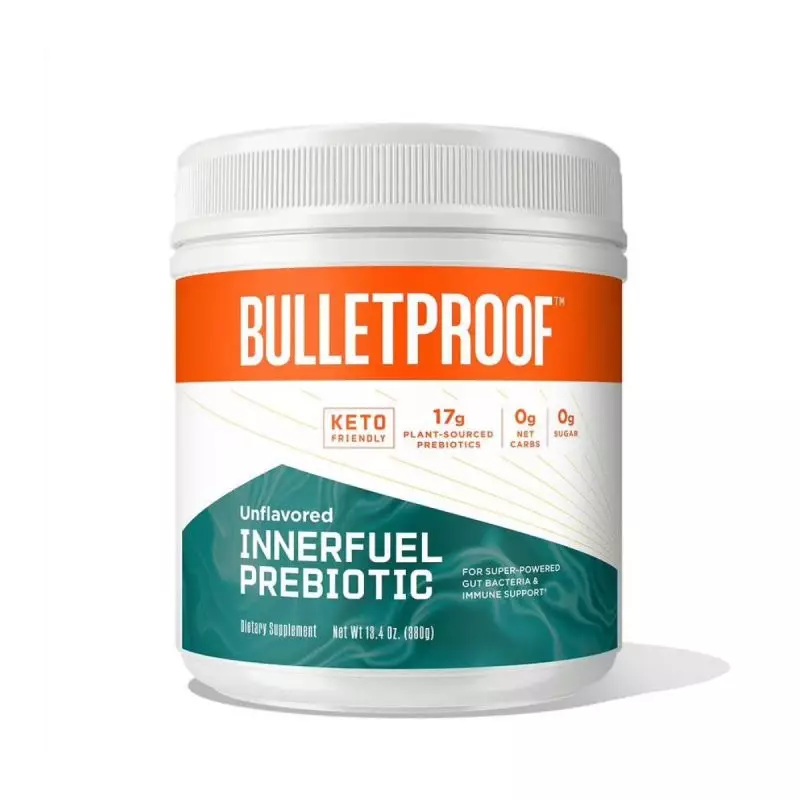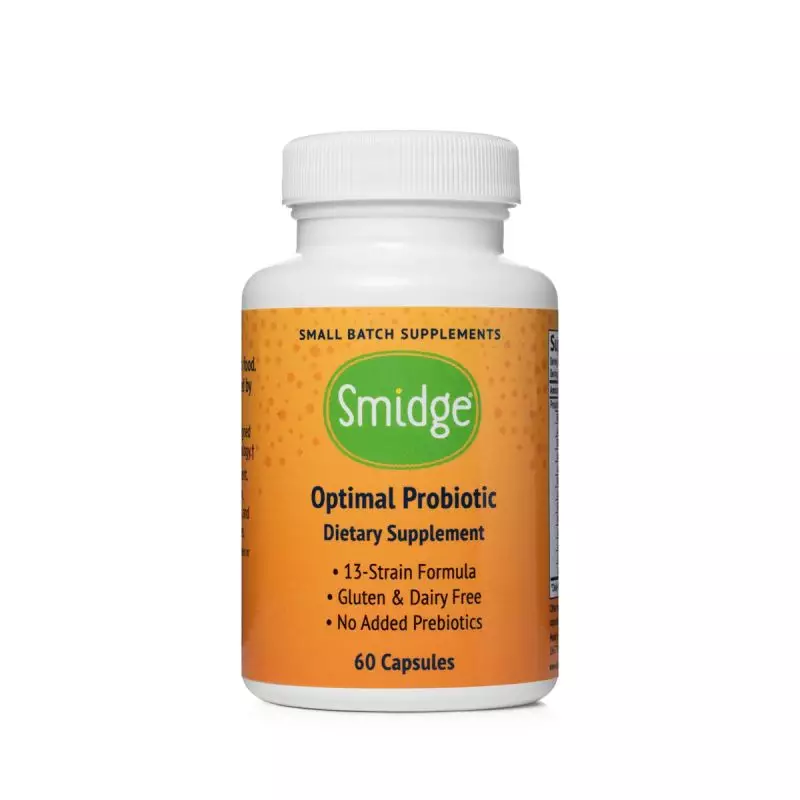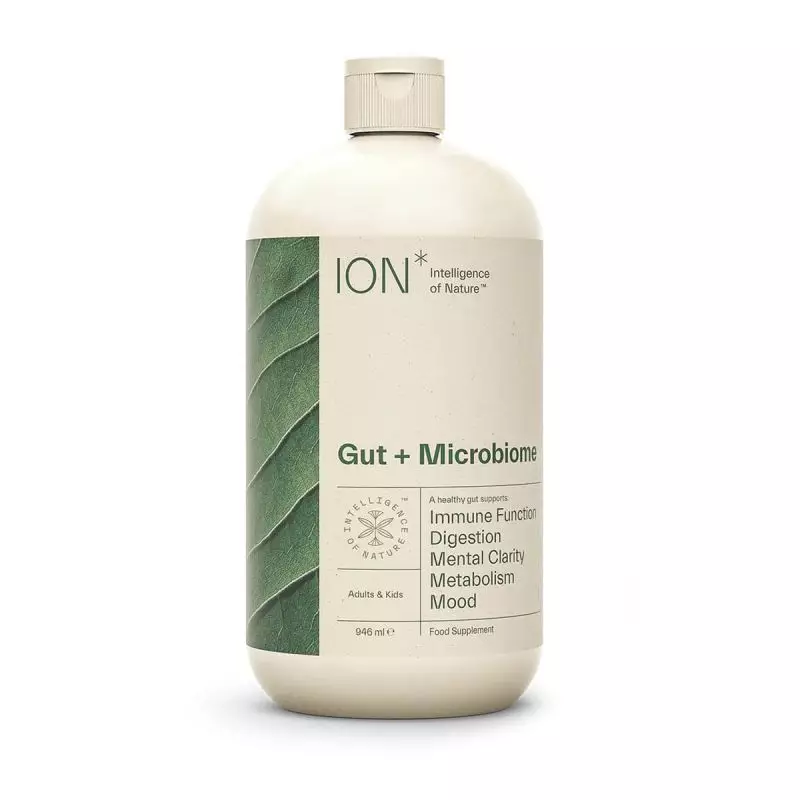Lesson Four: Strengthening your gut-brain axis
Insight into the importance of digestion and gut health.
The foods you eat hugely impact your energy levels, mood and cognitive ability, as well as supporting a healthy gut microbiome.
Many studies clearly show that diet can influence your mental health at a macro and micronutrient level.[1] For example, dietary proteins and amino acids are the building blocks of many of the neurotransmitters responsible for mental function, including serotonin and dopamine.
The gut-brain axis
There’s a growing body of evidence to show that your brain and mood may not just be affected by your hormones, but by the health of your gut microbiome too.The gut-brain axis is a very complex bi-directional communication system between the brain and your resident gut flora.
Studies are showing that a healthy gut plays a critical role in mental health via the gut-brain axis, which has been described as a ‘paradigm shift in neuroscience.’ [2]
One recent study [3] has helped to explain the link between gut bacteria and anxiety, where scientists found that “tiny molecules in the brain may help gut bacteria hijack people’s emotions”.
Other studies have shown that specific gut flora can activate neural pathways, linking the microbiome with depression and other mental health issues. This has given rise to the new field of “psychobiotics” - the use of probiotics and prebiotics to hack your microbiome and improve your mental health.[4]
Read more about improving your mood by boosting your gut health through nutrition alone.
The brain-boosting role of healthy fats
Fat is a major source of energy for your cells and it helps to make the nutrients from your meals more bioavailable. [5][6] Fat is also needed for the absorption of certain vitamins (A, D, E and K), minerals (including calcium), and antioxidants such as lycopene and beta-carotene. Omega-3 is an essential fatty acid that improves cognitive function, learning and mental health.
Clinical studies have suggested that Omega-3 can be used to help elevate the participant's moods, which in turn helped their mental health.[7] Fatty fish such as salmon, mackerel and sardines are good whole food sources, and you can supplement with Extra Virgin Cod Liver Oil (EVCLO) to ensure you get enough daily Omega-3.
The perfect clean source of energy
If you’re looking to try the ketogenic diet or simply want a clean source of energy that doesn’t rely on carbohydrates for fuel, you could introduce MCT oil into your diet. MCT is short for Medium-Chain Triglycerides, which are saturated fatty acids found in coconut oil.
Multiple studies and clinical trials have shown that medium-chain fatty acids are not stored in the body as fat, with research showing that MCT oil can directly help to maintain healthy body weight and improve cognitive performance. [8]
MCT oils like Bulletproof Brain Octane Oil are uniquely able to effortlessly metabolise in the body. This is because they quickly convert to ketones, giving you a fast and clean source of energy. Unlike long-chain fatty acids and other food sources, MCT oils are shuttled directly to the liver. Here, they are oxidised as ketones, a great source of energy for your body.
Ketones
Ketones may be a more efficient fuel source than glucose because they don’t use as much oxygen to metabolise. Having a high level of ketones can help your body enter a ‘nutritional ketosis’ stage. Ketosis is essentially a natural metabolic state induced by following a ketogenic diet with plenty of healthy fats but minimal carbs and sugars.
Carbohydrates need to be limited to around 30-50gm per day, although the exact amount would depend on your personal carb tolerance.
We wrote more about ketones and the Ketogenic Diet here.

 UK Store
UK Store  NZ Store
NZ Store AU Store
AU Store EU Store
EU Store













